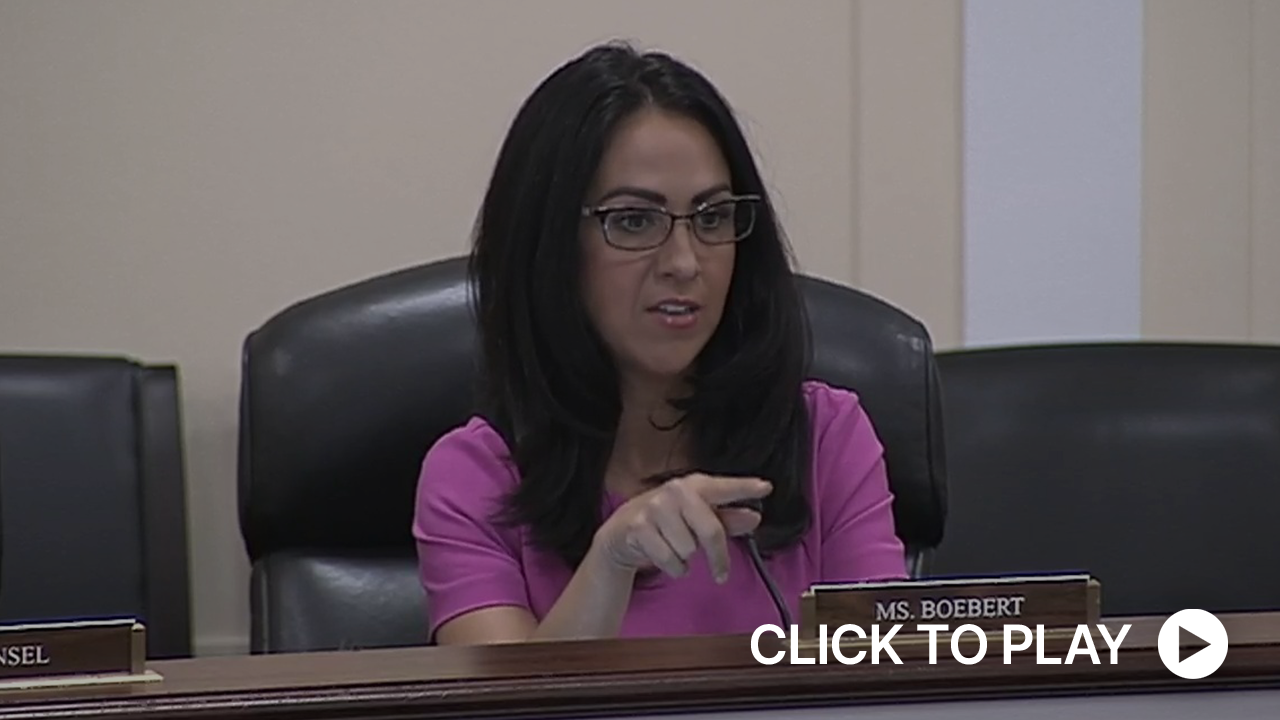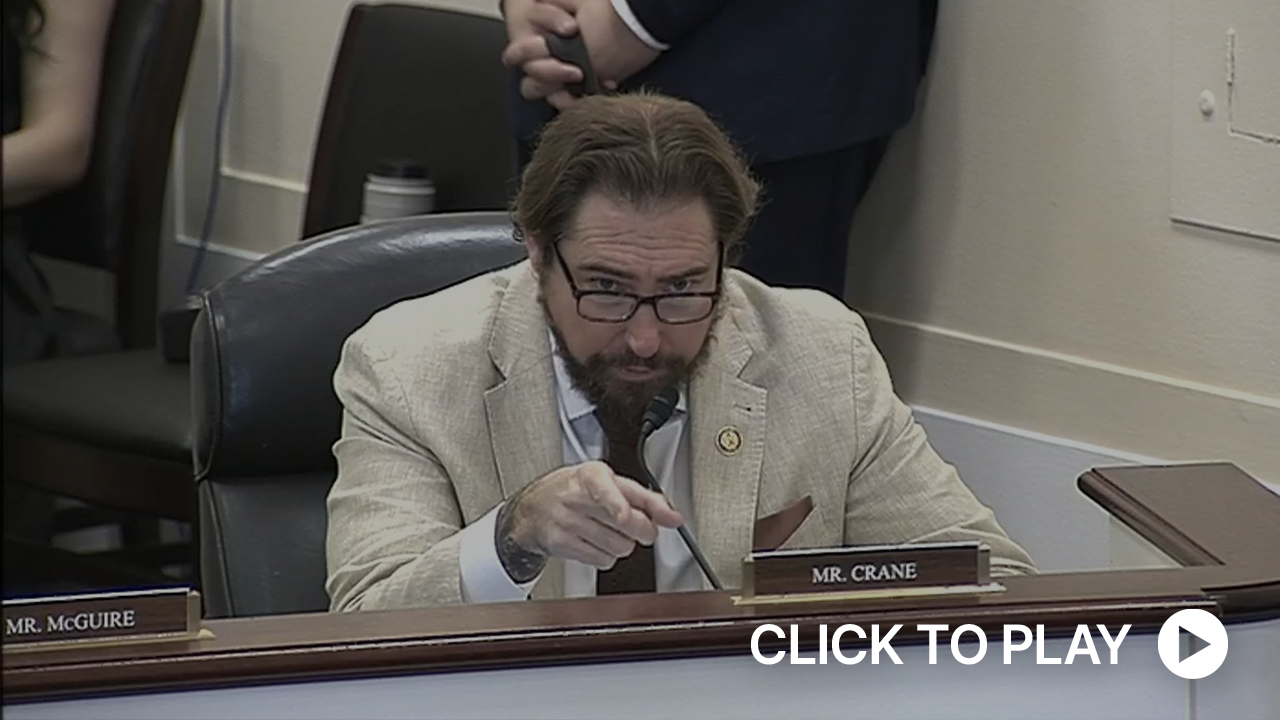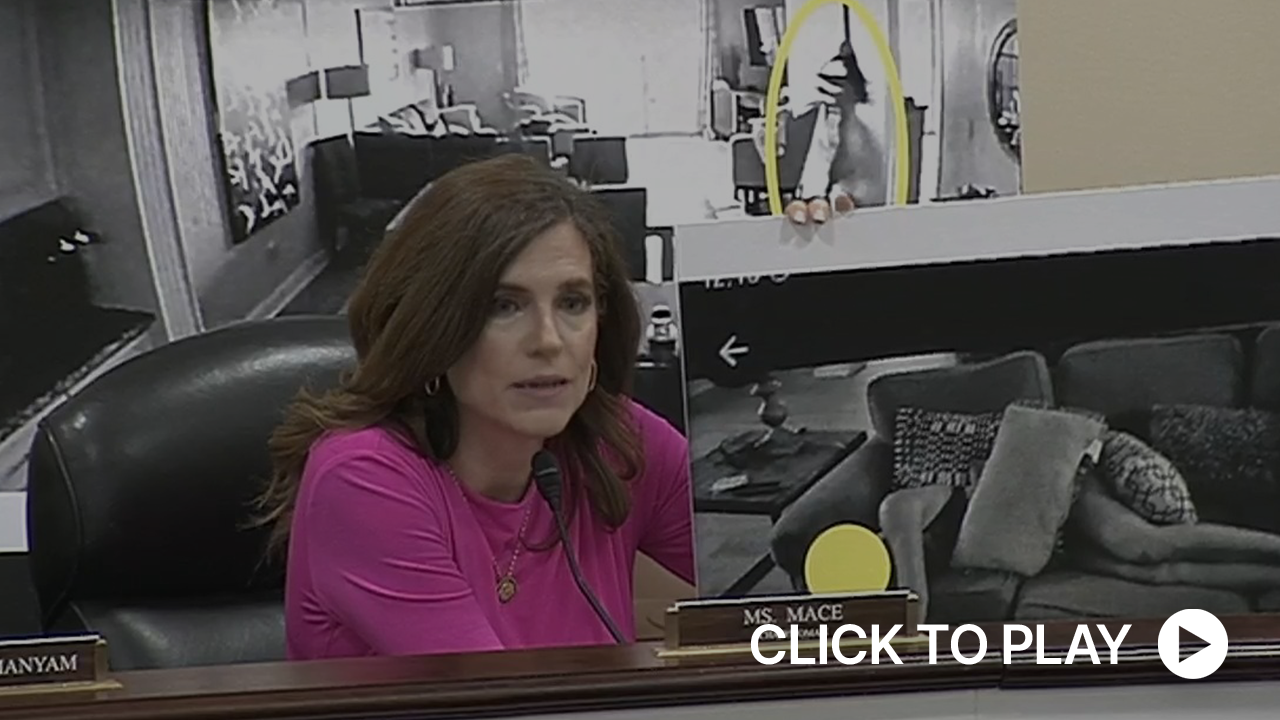
Hearing Wrap Up: Action Needed to Prevent Covert Surveillance in Private Spaces
WASHINGTON—The Subcommittee on Cybersecurity, Information Technology, and Government Innovation today held a hearing on “Breach of Trust: Surveillance in Private Spaces.” At the hearing, members examined the growing availability and sophistication of surveillance technology and evaluated the risks that inappropriate use of these devices poses to personal privacy and security.
Key Takeaways:
The growing availability and sophistication of surveillance technology has enabled bad actors to secretly monitor individuals in private and semi-private settings.
- In the past decade, several advancements—including affordable, easily concealable devices like smart home gadgets, motion-activated cameras, and cloud-based storage systems—have allowed manufacturers to make devices smaller, more powerful, and harder to detect.
- Alan Butler, the Executive Director of the Electronic Privacy Information Center (EPIC), testified: “These developments have led to a significant loss of practical control over when and how images, recordings, and other information about our conversations and actions are being collected. And these capabilities have been used to malicious and abusive ends. It is unfortunately not surprising that those who seek to control, manipulate, and abuse others are ready and willing to use these technologies against their victims.”
- Joseph LaSorsa, the CEO of LaSorsa & Associates, testified, “[I]ndividuals who temporarily rent a space—whether for a weekend stay or during travel— should be granted the same reasonable expectation of privacy. During such occupancy, that space effectively becomes their private residence. While some laws prohibit surveillance in inherently private areas such as bedrooms, bathrooms, and closets, the allowance of covert monitoring in so-called ‘common areas’ like living rooms and kitchens—often without the renter’s knowledge or consent— undermines personal dignity, autonomy, and legal protections. This issue is not hypothetical; multiple documented cases have revealed hidden surveillance devices in private rental properties.”
Privacy in semi-private spaces—such as bathrooms, locker rooms, hotel rooms, and short-term rentals—is essential to personal safety and dignity. Congress recently passed the Take it Down Act, and the Subcommittee on Cybersecurity, Information Technology, and Government Innovation will continue to explores ways to protect Americans’ privacy.
- Alan Butler, the Executive Director of the EPIC, testified, “Just this week, the TAKE IT DOWN Act was signed into law, criminalizing the nonconsensual distribution of intimate images, which is an essential step to take on these abusive practices and hold perpetrators accountable.”
- Laura Chadwick, the President and CEO of the Travel Technology Association, stated support for Rep. Mace’s legislation: “The Video Voyeurism Prevention Act of 2004 criminalizes secretly recording a person’s sensitive body parts in situations where he or she has a reasonable expectation of privacy. However, as Subcommittee Chairwoman Mace has noted, the current law is limited to federal properties only. The proposed legislation by Chairwoman Mace and Congresswoman Luna—H.R. 1203, the Stop VOYEURS Act of 2025—would significantly expand that scope and serve as a strong deterrent to potential offenders.”
Member Highlights:
Rep. Lauren Boebert (R-Colo.) asked witnesses how advances in technology have enabled covert surveillance in places where individuals have a reasonable expectation of privacy.
Mr. LaSorsa: “Cameras can be so small […] So they can be hidden in almost anything, such as the picture up there, it looks like it’s almost mounted high, like in a smoke detector or something like that. That’s very common: hidden in smoke detectors, exit signs, and other things. These devices here, this one’s hidden in a carbon monoxide detector, several chargers, and a computer mouse. So those devices, people don’t think to look there. So even if they had tools or anything else, they typically wouldn’t look there, if that makes sense.”
Rep. Eli Crane (R-Ariz.) questioned a security expert on loopholes in current law that enable secret recordings of individuals in private and semi-private spaces.
Rep. Crane: “Mr. Butler, you spoke specifically about how recording devices have become smaller and more precise, and cloud storage capacity makes it shockingly easy to store thousands of hours of video and audio footage. How does the lack of clear consent requirement make it easier for perpetrators to violate privacy without legal consequences?”
Mr. Butler: “Thank you for the question representative. I think that it’s a layered problem. The fact that you have, in some of these instances, you have the perpetrator involved, makes the consent question under current law more complicated, because a lot of the current law we have is focused on the privacy of communications between parties. In many states, you have one party consent, which means that if two people are talking, that one person is not violating the law if they record that conversation. In other states, you have two party consent, which doesn’t allow recording unless both people consent. So that’s one problem. Another is the lack of clarity in common law and tort claims in defining those expectations, especially in spaces that are not the home of the victim. That’s something statutory law needs to step in and fix.”
Rep. Nancy Mace (R-S.C.), the chairwoman of the Subcommittee on Cybersecurity, Information Technology, and Government Innovation, detailed her own harrowing experience of being secretly recorded and questioned witnesses about what steps need to be taken to prevent this abuse.
Ms. Chadwick: “We also believe that in your proposed legislation that we should raise the consequences for such behavior with the hopes of deterring any such behavior.”
Click here to watch the hearing
Distribution channels: U.S. Politics
Legal Disclaimer:
EIN Presswire provides this news content "as is" without warranty of any kind. We do not accept any responsibility or liability for the accuracy, content, images, videos, licenses, completeness, legality, or reliability of the information contained in this article. If you have any complaints or copyright issues related to this article, kindly contact the author above.
Submit your press release


